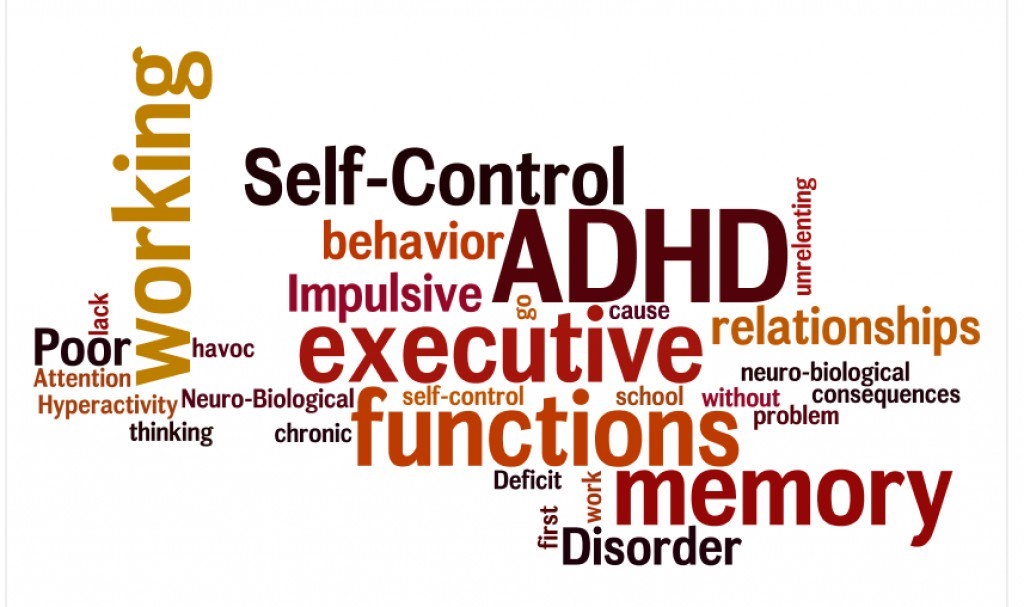Everyone, sometimes, has difficulty sitting still, paying attention, and controlling impulsive acts. But when these problems occur so often that they get in the way of day-to-day life, they may be signs of a neurodevelopmental condition called ADHD.
![]()
ADHD interferes with a child’s ability to:
- Regulate activity level (hyperactivity)
- Inhibit behavior that may not be socially acceptable or pose danger (impulsivity)
- Attend to the task at hand (inattention)
ADHD affects many areas of a child’s functioning, including:
- Self-control of behaviour
- School achievement
- Development of social skills and positive relationships
Unless ADHD is identified and properly treated, children with ADHD are at higher risk for:
- School failure
- Depression and anxiety
- Problems with relationships
- Substance abuse
- Delinquency
- Risk for accidental injuries
- Job failure
For these reasons, it is very important to identify and treat ADHD early.
How common is ADHD?
On average, it affects 5% of school-aged children around the world, or about one in every 20 children. This means that in many countries, there may be one or two children with ADHD in every classroom.
When is ADHD usually diagnosed?
Children often start to show symptoms of ADHD in the preschool years. However, most children are not diagnosed with ADHD until they are in grade school. This is because most preschoolers are somewhat inattentive, impulsive, and highly active at times.
Once the child goes to school, doctors can find out also from the teacher whether the child is inattentive, impulsive, and hyperactive at school as well as at home. Because there is no specific test that doctors can use to confirm a diagnosis of ADHD, it is important to have as much information as possible about the child’s behaviour.
What causes ADHD?
There is still a lot we don’t know about ADHD, starting with what causes it. However, several factors seem to contribute to ADHD. Scientists believe that genes and environmental factors cause subtle brain alterations. In turn, these brain alterations cause problems with behaviour and learning.
How do children with ADHD do at school?
Learning problems are a key feature of ADHD. Children with ADHD are at risk for:
- Low scores on schoolwork and standardized achievement tests
- Repeating a grade
- Placement in special education
- Dropping out of high school
Children with ADHD often have problems with:
- Concentration
- Working memory
- Self-regulation and staying focused on a task
- Processing speed
All these can cause problems with school work. In addition, children with ADHD often have one or more learning disabilities as well.
Medication can help with the symptoms of ADHD, but it usually does not address the other problems that can interfere with learning. Medication also cannot make up for gaps in learning that may have occurred before the child started receiving treatment. It is very important that children with ADHD get the right support at home and in school to help them reach their full potential. Review with a special educator is important to help the child reach his potential.
Do children with ADHD have other problems?
ADHD rarely occurs by itself. People with ADHD often have:
- Other types of co-existing mental health problems, such as oppositional defiant behaviour, aggression, or high levels of anxiety
- Learning disabilities, such as reading disability (dyslexia) and language impairments
How is ADHD diagnosed?
A detailed consultation with the pediatric neurologist is the first step in diagnosing ADHD. The doctor will need as much information as possible from you, your child, your child’s teacher, and other caregivers. Some screening questionnaires will help in coming to a concrete diagnosis. Sometimes children may also have social difficulties and language delay, and it is not uncommon for such children who may have autism, to be misdiagnosed as having ADHD. Hence review by an expert in diagnosis and management of such disorders is paramount.
How is ADHD treated?
There are medications and behavior therapy which are used concurrently to treat ADHD.
- Medications like methylphenidate, atomoxetine and aripirazole are used to treat ADHD and are successful in many cases. These medicines have side effects which need to be discussed and regular follow up for monitoring is absolutely essential.
- Cognitive behavioural therapy with a clinical psychologist is important to ensure that the child is managed comprehensively.
- Review by special educator and liaison with school is important to maximize educational potential.
Will my child get cured of ADHD as he is old?
Some children benefit from medications and therapy and may not require long term medications. However, others may continue to show subtle signs during teenage years and if it is interfering with their daily living in school and interaction with others, then medicines may need to be continued long term.


